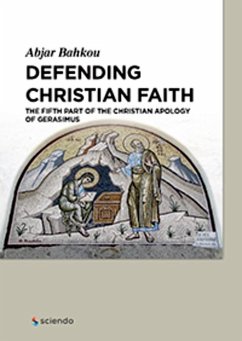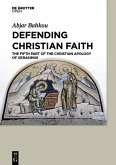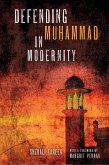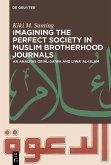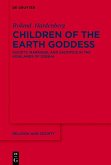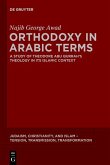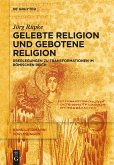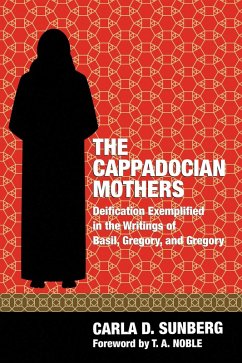The book by Abjar Bakhou presents Medieval Christian author Gerasimus and his discussion with Islam. His aim was to show that Christian teachings are not irrational, but rather subtle and complex. As a Christian philosopher and theologian, Gerasimus used the experiences of those of the past to facilitate his own response to critics. However, two important differences separated him from earlier apologists, which demand his own insight and innovation. First, the new language of intellectual discourse was Arabic, which was not accommodating for expressing traditional Christian doctrine, and required the development of a vocabulary out of terms already heavily influenced by the Qur'anic worldview. Second, the new religion challenging Christianity was one of absolute monotheism, which shared neither a common scriptural nor cultural heritage, and rejected the very possibility of a Trinity and Incarnation.
Although a common theme in early Christian apologetics was the refutation of Judaism, the debate generally centered on the interpretation of the Old Testament, showing that Jesus was indeed the Messiah. The Qur'an, while acknowledging Jesus as the Messiah, explicitly rejects the Christian doctrines of the Incarnation and the Trinity, and presents itself as the revelation, which supersedes all previous revelation. Thus, although Christians and Muslims share certain themes and figures (such as Creation and the Last Judgement, Abraham, Moses, Mary and Jesus), Muslims refuse evidence contrary to the Qur'an, leaving Christians without recourse to traditional scripture-based arguments. Gerasimus, as a Christian apologist and mutakallim, accepted these challenges and began the process of explaining and translating his faith in the new milieu to make it coherent and rational. In his treatise, Gerasimus reveals himself to be a full participant in this important period of intellectual history; he sets down the basic points of controversy and outlines a response to them in a form that would be an excellent introduction to Christian theology written for the Muslim environment.
Gerasimus was also a mutakallim in his own right, the Christian counterpart to those Islamic scholars who sought to defend their faith through rational arguments. In an effort to argue the legitimacy of Christianity, Gerasimus attempts to create a common language that influences the meaning of terminology and concepts of intellectual development in Muslim - Christian debates. Such language would set the stage for centuries to come. This is certainly his greatest contribution.
Dieser Download kann aus rechtlichen Gründen nur mit Rechnungsadresse in A, B, BG, CY, CZ, D, DK, EW, E, FIN, F, GR, HR, H, IRL, I, LT, L, LR, M, NL, PL, P, R, S, SLO, SK ausgeliefert werden.
Manolis M. Ulrbicht in: Theologische Literaturzeitung 142 (2017), 11, 1211-1213

